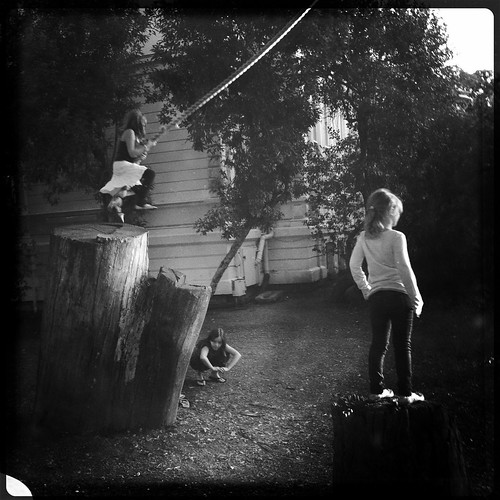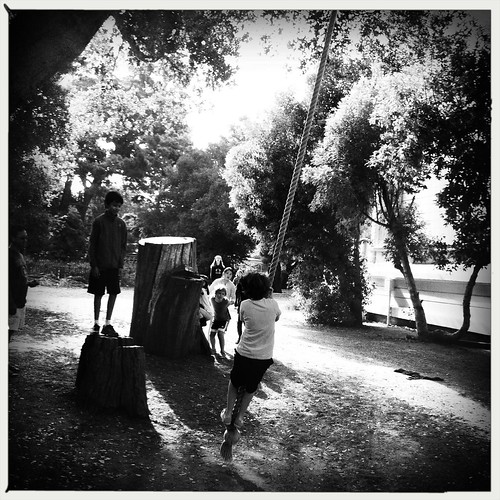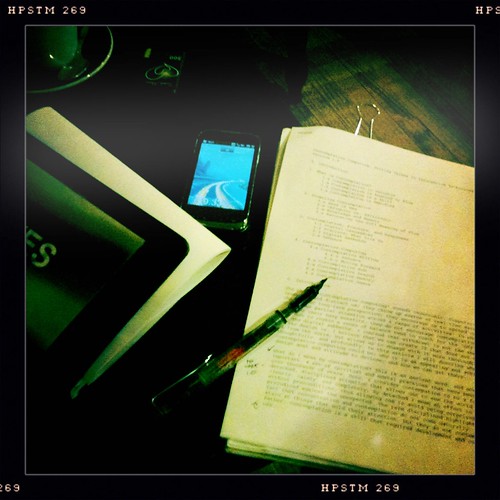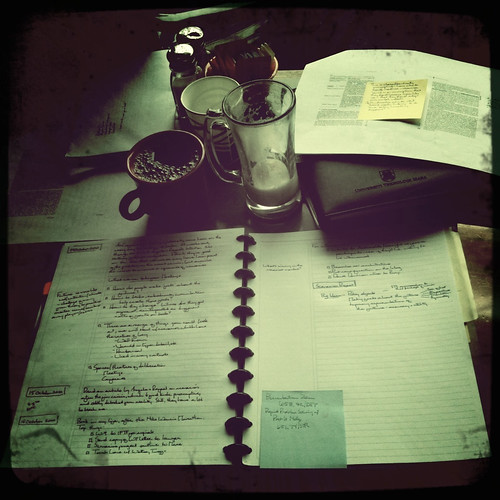Two pieces crossed my transom that have me thinking about this challenge:
How do we make time for rest and leisure— but not at someone else’s expense?
Large unbroken spans of free time are a great luxury. They really feel that way today, in our super-busy world, but they’ve always been rare. As I argue in my forthcoming book Rest, the world never gives us time for rest; we have to take it, wrestle it back from our calendars, and defend it.
The problem is, through most of history, taking that time required being able to command the work and time of others, and having them bend to your needs. The Greek model of leisure and the good life assumes that you’ll have an ample supply of slaves to take care of daily tasks while you engage in self-improvement and the cultivation of excellence. (Somehow setting your slaves free wasn’t on the self-improvement agenda. Funny that.) Many of the Victorian men I write about in the book had wives who ran the household, and they almost all had servants who made the coffee, picked up dishes, woke them up at 5 AM to write, etc..
In the New York Times, KJ Dell’Antonia makes the post-vacation case that we need to “Protect Your Child’s ‘PDF’: Playtime, Downtime and Family Time:”
Denise Pope… advocates protecting “PDF”: playtime, downtime and family time.”… “Younger kids should have as much free kid play as there is structured activity,” she says. “If they spend an hour at a dance class they need an hour of play time.”…
There are things to be learned from playtime, downtime and family time that can’t be learned in the classroom, onstage, on the field or at the rink. Our children are learning to bump up against one another and find a way to get along and to find the things that interest them enough to pull them in when time isn’t an issue. They’re letting their thoughts sort themselves out, or finding support and comfort in family rituals. Maybe they’ll even learn that eventually, every one feels like they’ve watched enough television for one day. Mostly, they’re learning to be whoever they are when no one is watching.
A good vacation is a start. But our children need to have that open-ended, what-do-you-want-to-do-today feeling more often. That is the lesson of a good winter break for me: Saying yes to “PDF” is worth saying no to something else.
I think this is absolutely right, and I would add one small thing, and one larger one.
The small thing is that parents need more playtime, downtime and family time, too. We may need it for other reasons, but we can all benefit from it.
The bigger thing is that, if we’re not careful, kids’ free time can end up coming at the expense of parents. Of course, helicopter parenting, chauffeuring kids around, working with them on their essays, etc. requires a lot of time; but I think that unless your plans to just lock the kids out of the house, making sure they have “PDF” will require planning and effort. Nobody gives us time for rest, remember; we have to take it. And if we want to give someone else time, we often end up taking it from ourselves.
This leads me to Kelly Diels’ essay on “Women, Work, Creativity, Leisure and Time.” If Virginia Woolf had had five kids and been a writer in today’s world, and had read Brigid Schulte’s Overwhelmed, this is the essay she would have written instead of A Room of One’s Own.
I’d recently inhaled I Know How She Does It: How Successful Women Make the Most of Their Time in which author Laura Vanderkam presents time-diaries from successful women in order to extract life lessons and extend lifelines. Her book offers hope and hard evidence that we harried women types actually have a lot more time than we think. Determined to harness that hope for my own nefarious book-writing purposes, I followed-through on her advice to map where I’m spending my days and by extension, my life – that Annie Dillard is a goddamned guilt trip and don’t let anyone tell you different – by measuring my time baseline. I downloaded an app to my iPhone and tracked a week of my minute-by-minute time.
What Diels discovers, though, is that there’s a big difference between having small bits of time here and there, and having big uninterrupted periods to yourself. She’s already good at managing kids, home improvements, and the like; but writing requires a different kind of time than doing laundry or putting up a new light in the hallway.
Short pieces of time may be good for recharging and catching your breath, but even if they add up to the same number of minutes per day, when doing creative work, small snatches don’t equal long stretches. Trying to write in brief periods of time, she says, is “like brisk-walking for six minutes and wondering why you’re not getting a runner’s high. It’s not long enough or concentrated enough to access the state of flow.” The experience confirms that “leisure time is critical to creation and mastery.” Indeed, she realizes,
the philosophers and writers and painters in our Western Male Cultural Canon were able to create their heartbreaking works of staggering genius because they had leisure time in which to think, play, discover, rest and rejuvenate.
And how did they get that kind of high-quality, pure, uncut, leisure time?
a culture of leisure is the essential precondition – a handmaiden, even – of creativity, works of art, and even The Canon.
But women… have never had a culture of leisure.
Women were the handmaidens who made the leisure of other people possible….
It isn’t that women are refusing to do leisure right. It’s that we’re part of a system that requires our unrelenting labour to make the leisure of others possible.
And this isn’t a problem that can be solved with better life hacks, because it’s a structural issue, not just a matter of personal time management. “It’s not that you’re failing to lean in at the prescribed angle,” she says.
It’s not that you’re failing to be organized and productive…. It’s that, by design, women were never supposed to own our time or use it for our own ends.
The whole essay is great, and I hope it gets turned into a book. She has a lot more to say about how cultural expectations eat up time and energy, and why a collective response is necessary.
For me, the essay raises this critical question: Is it possible to find time for deliberate rest without denying that opportunity to someone else?
I’m not talking about saying no to running the bake sale, or serving on another committee, or even turning down an opportunity to do something you’d really like to do in order to finish that short story or song.
The problem is that traditionally, the cultivation of leisure has often required that those closest to us sacrifice their leisure. This is different from outsourcing tasks to hired help: for example, Anthony Trollope’s hiring a servant to bring him coffee every morning at 5:00 a.m. (a task that meant “I owe more to him than to anyone else for the success that I have had,” Trollope later said). It’s the work that spouses and children have had to do to provide writers or scholars or artists with the uninterrupted time to work, and the additional leisure time to let their subconscious minds work.
Some of the logistical or household stuff can be offloaded to technologies (though we need to be careful that those technologies don’t lead us to raise our standards, thus eliminating the gains). But the work of actively preventing interruptions, deflecting questions, handling emergencies, and generally dealing with the unanticipated things that you can’t just offload to a secretary or servant (assuming you have them) actually requires time and effort— traditionally, a woman’s time and effort.
I think creating leisure time that doesn’t absorb someone else’s opportunity for leisure requires an actual strategy. It doesn’t just naturally happen. More generally, it’s possible to make time for rest without making work for someone else; but you have to figure out how to do it.
I don’t have the formula yet, but I’ll think about it.



